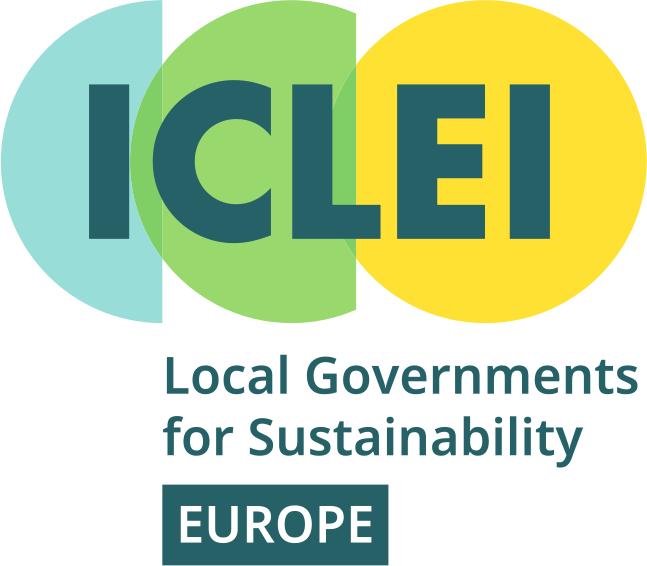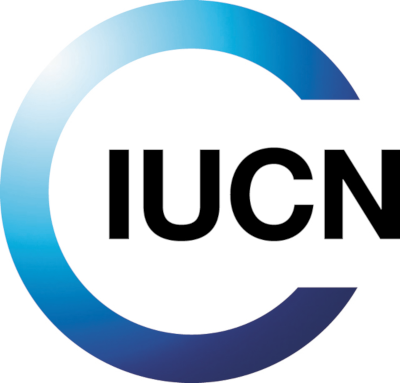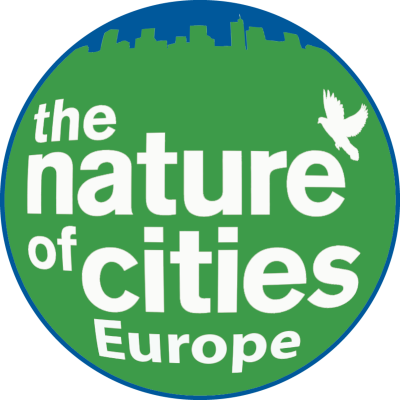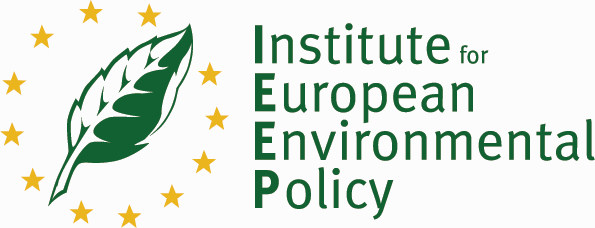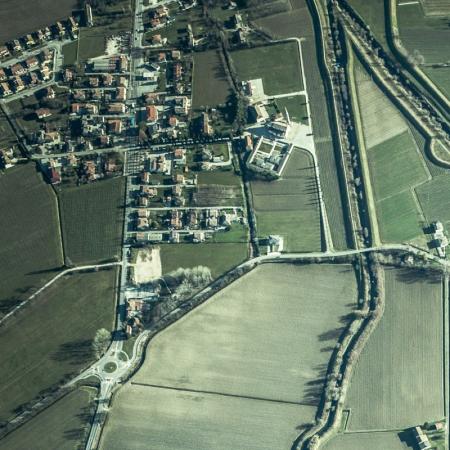
The DivAirCity City-to-City Twinning Programme launched in Orvieto on May 16-17, 2024, bringing together representatives from 25 cities across five continents to collaborate on urban sustainability and climate resilience. The event highlighted the power of collective action and knowledge exchange, focusing on three key topics: Nature-Based Solutions (NbS), inclusive co-creation, and urban data management.
Representatives from the five DivAirCity ecosystems (Aarhus, Bucharest, Castellon, Orvieto and Potsdam) and their matched cities shared insights, challenges, and best practices on these key topics in hybrid roundtables.
DivAirCity City/Ecosystem and Matched Cities Representatives:
- Aarhus: Klaipeda, Lithuania; Kitwe, Zambia; Ploiesti, Romania; Vinnytsia, Ukraine
- Bucharest: Cairo, Egypt; Freetown, Sierra Leone; Lviv, Ukraine; Patras, Greece
- Castellon: Bogotà, Colombia; Galapagar, Spain; St. Boi de llobregat, Spain; Veracruz, Mexico
- Orvieto: Brasov, Romania; Manchester, UK; Stintino, Italy; Uvwie, Nigeria
- Potsdam: Basildon, UK; Chennai, India; Dhaka, Bangladesh; Malaga, Spain
A reporting session allowed each table to present their findings and discuss potential strategies for urban resilience.
Key Highlights and Outcomes from the discussions:
-
Nature-Based Solutions (NbS):
- Cities face challenges such as construction skills, funding for maintenance, and public procurement limitations.
- Successful projects emphasize community involvement and ongoing maintenance.
- Effective NbS implementation requires connectivity of green spaces and inclusive access for people with disabilities.
-
Co-Creation at the City Level:
- Overcoming barriers like policy constraints, budget regulations, and stakeholder interests is essential for effective co-creation.
- Engaging citizens is challenging due to personal commitments; hence, government involvement is crucial.
- Sustainable projects depend on engaging residents through trusted community stakeholders and addressing their immediate concerns.
-
Urban Data and Data Gaps Management:
- Managing data for urban projects is complex, especially concerning vulnerable groups and environmental issues.
- Cities need to invest in data capture and management, leveraging expertise from universities and institutions.
- Sharing best practices and handling sensitive data with care is vital for successful project outcomes.
The programme will continue with workshops, training sessions, hackathons, and site visits until May 2025, culminating in a closing event in Valencia.
About DivAirCity: DivAirCity, funded by Horizon 2020, aims to redefine urban environments by embracing human diversity and creating cultural-driven green cities. The project involves five EU cities as replicable case studies and seeks to establish Permanent Living Labs, a Diversity and Inclusion green city index, Smart Cities Climate contracts, a Community of Practice, and air pollution mitigation services.
For further inquiries, contact: info@univer-cities.org

